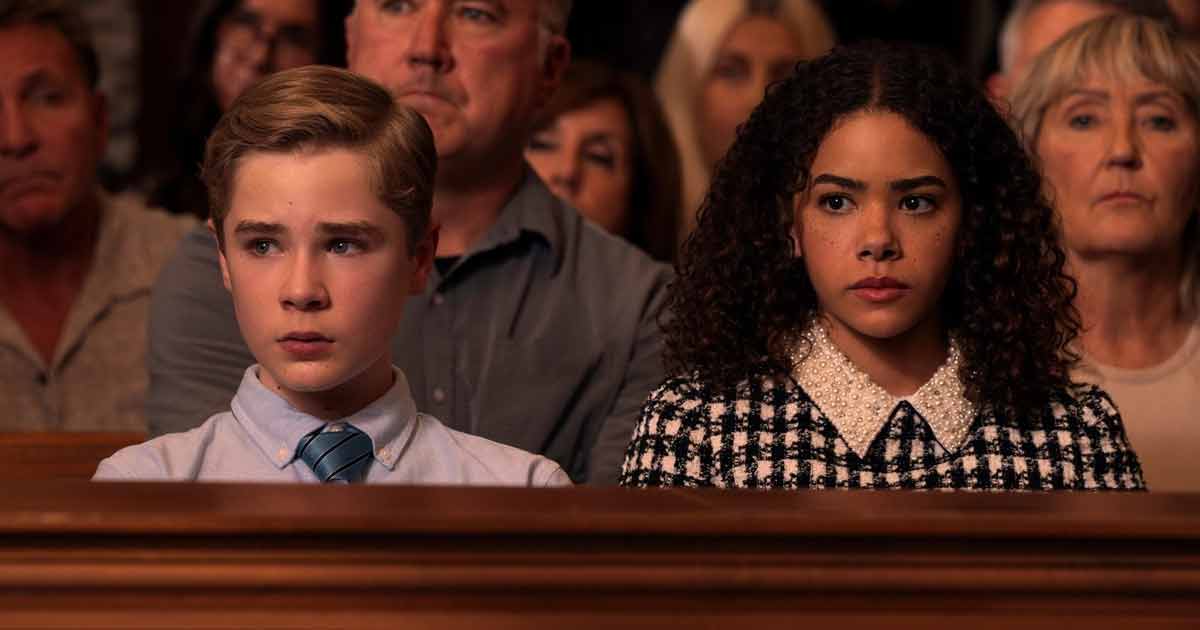ShotSpotter is firing back at Bay State elected officials who are pushing for a federal probe of the gunshot detection tech company, as the firm’s CEO said the politicians were spreading “numerous recycled falsehoods and misleading assertions.”
The head of SoundThinking, formerly known as ShotSpotter, wrote a letter this week to Sen. Elizabeth Warren, Sen. Ed Markey and Rep. Ayanna Pressley in response to the legislators’ letter to the Department of Homeland Security to open an investigation into DHS grant funding of the ShotSpotter system.
SoundThinking CEO Ralph Clark in the letter emphasizes that the senators and rep were misinformed by inaccurate and debunked claims about the acoustic gunshot detection tech. Clark throughout the letter stressed the technology “helps save lives.”
He cites Boston Mayor Michelle Wu’s support for the Boston Police Department’s use of ShotSpotter, along with a recent BPD arrest that followed a ShotSpotter alert.
“With all due respect, your letter—which we first heard about from media outlets—draws from selected news reports and studies that have been proven incorrect, incomplete or unreliable,” Clark wrote to the lawmakers.
“While I welcome all interest in our technology, I am concerned that your understanding of ShotSpotter is based on numerous recycled falsehoods and misleading assertions that do not hold up to hard facts and accurate information,” he added.
More than 80% of gunfire incidents go unreported to 911, according to a Brookings study cited in the letter.
Clark noted that ShotSpotter was created to: help bridge gaps in the 911 reporting system, help police quickly respond to shooting incidents, render aid to gunshot wound victims, enhance evidence collection, increase the likelihood of arresting suspects, and more.
“Our technology only knows the sounds of gunshots, and we’re detecting and alerting on gunfire, which has no notion of race, gender, sexual orientation, religion or anything like that,” Clark told the Herald on Tuesday. “That’s been a kind of trope that’s been rehashed out there from critics from time-to-time, but it’s completely false and not the case at all.”
The ShotSpotter system alerts police to virtually all gunfire in a community’s coverage area within 60 seconds, he said.
“Communities are better off when police are able to be notified precisely in real-time fashion of where guns are being fired, so they can be dispatched to those locations very quickly,” Clark told the Herald. “It helps them save lives, recover physical forensic evidence in the form of shell casings.
“And I think the most important thing it shows to these communities that are besieged with gun violence is that the department is prioritizing a response to gun violence,” he added. “That they care about it, and they’re trying to make a difference and help these communities be safer.”
Amid pushback from her progressive counterparts, Wu has strongly backed the police department’s plans to continue using ShotSpotter. She said the technology has led to “countless instances” of lives being saved in the city.
Wu said the city’s strategy to use it mainly in minority communities aligns not only with data that shows gun violence disproportionately occurs in those areas, but with feedback from residents there who often say they want a faster police response and better surveillance.
The city pays $782,610 under its current contract for the ShotSpotter technology. Several city councilors had been pushing for a contract delay given the concerns raised in a report issued last month by the ACLU, which found that nearly 70% of ShotSpotter alerts resulted in no evidence of gunfire from 2020-22. Boston Police records have debunked a key example in that report.
Clark in his letter repeated that ShotSpotter is accurate, effective, and that leaders of communities of color embrace the technology.
“The only bias in this matter lies not with ShotSpotter, but in those opponents who continue to ignore objective facts in favor of their preconceived narratives propagated through false and misleading assertions made to the press and through studies, some of which have been proven incorrect and/or unreliable,” he added.
Clark invited the officials to visit the company’s Incident Review Center in Washington, D.C., where they can see a demonstration of the technology.
SoundThinking – Response letter to Congress







